To transition to a better future we must create a Circular economy. One focused on reduced demand for goods, on the extension of product life, and on the reduction of waste, only returning outputs such as water and compost to the environment as they can be readily re-absorbed. Circularity refers to the re-design of products and business models to promote the reduction, repair, re-use, re-distribution, and recycling of products. We have to change the way we produce. Plastic serves as a good example. There are numerous opportunities to reduce, reuse and manage plastic waste such as clean-up projects, improving stock management, introducing smart packaging, and the use of technology in sorting and processing waste.
Circularity refers to the re-design of products and business models to promote the reduction, repair, re-use, re-distribution, and recycling of products
Learning to be Lean will be essential to this new economy. Lean focuses on efficient production and consumption, and on extracting only the natural resources that can be sustained or regenerated. In this light, we can aspire to produce better quality products with fewer resources. This future will see models moving away from personal ownership and towards a sharing- based economy including ride-, home-, and office-sharing. Mobilising idle assets via the sharing economy is a key step in moving to more rational forms of consumption and production.
Building an Inclusive economy means we can deliver affordable solutions to all. This implies that businesses have a triple bottom-line comprised of people, planet, and profit. Now is the time for productivity gains to be shared with employees via fair wages and opportunities for advancement. Governments must invest in education, offer access to health and public services, and create green urban systems. Technology such as AI will act an as enabler to maintain and build smart solutions and change the face of the workforce.
Now is the time for productivity gains to be shared with employees via fair wages and opportunities for advancement
Creating a Clean economy is essential. Falling costs and increasing unsubsidized competitiveness of renewable energy and the dawn of electrification in mobility are crucial first steps. In order to reach a net zero emission future, we need to bolster this with a monumental improvement to energy efficiency, pollution controls and carbon pricing, policy alignment and market design overhauls, removal of wasteful and inefficient subsidies, sustainable food and land-use system, and negative emissions technologies. A cleaner economy mitigates climate risks, reduces the massive socioeconomic costs of pollution, and creates investable opportunities linked to demand for low-carbon products and infrastructure. The transition to a clean economy requires a move to lower emissions, as well as a more sustainable relationship with nature.
The transition to a clean economy requires a move to lower emissions, as well as a more sustainable relationship with nature

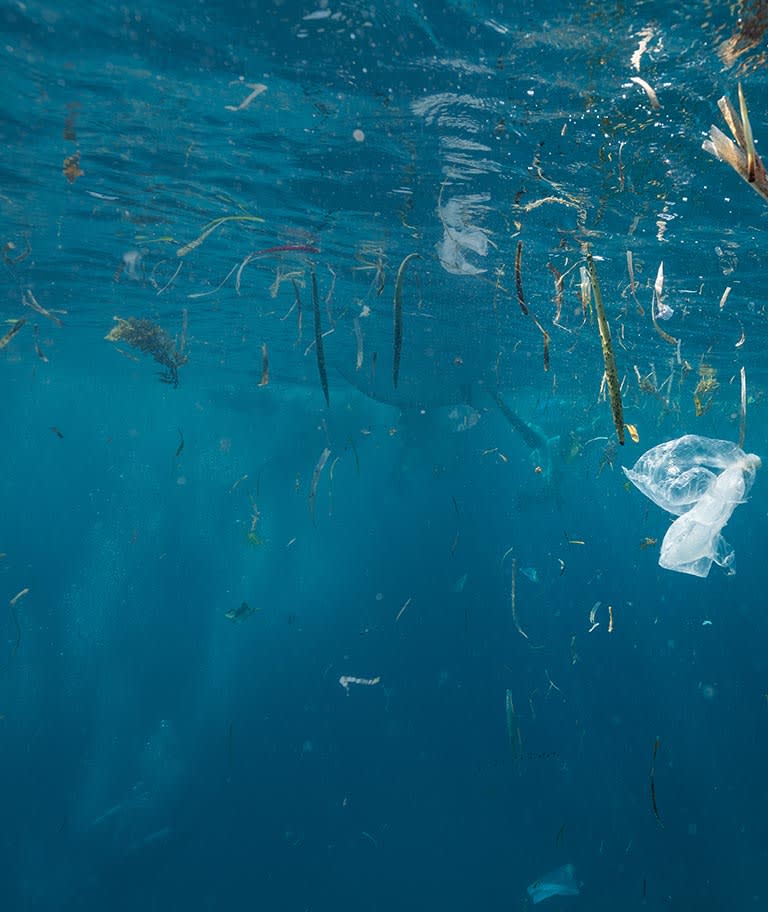
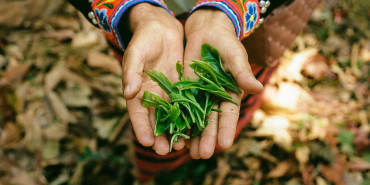



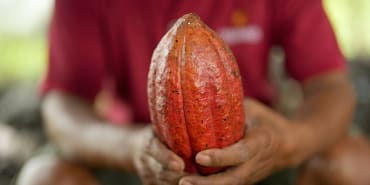
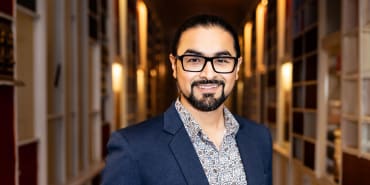
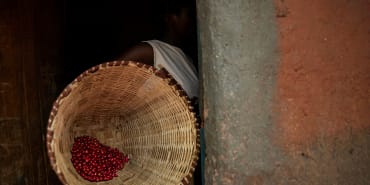
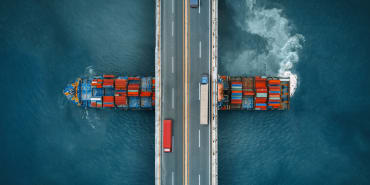
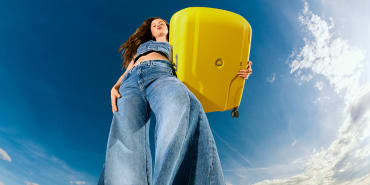
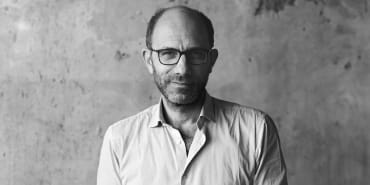
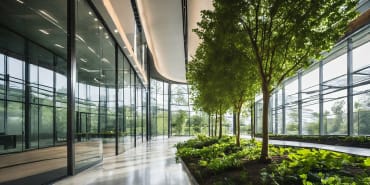
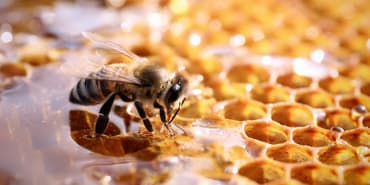
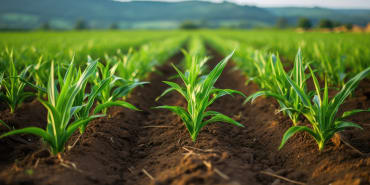



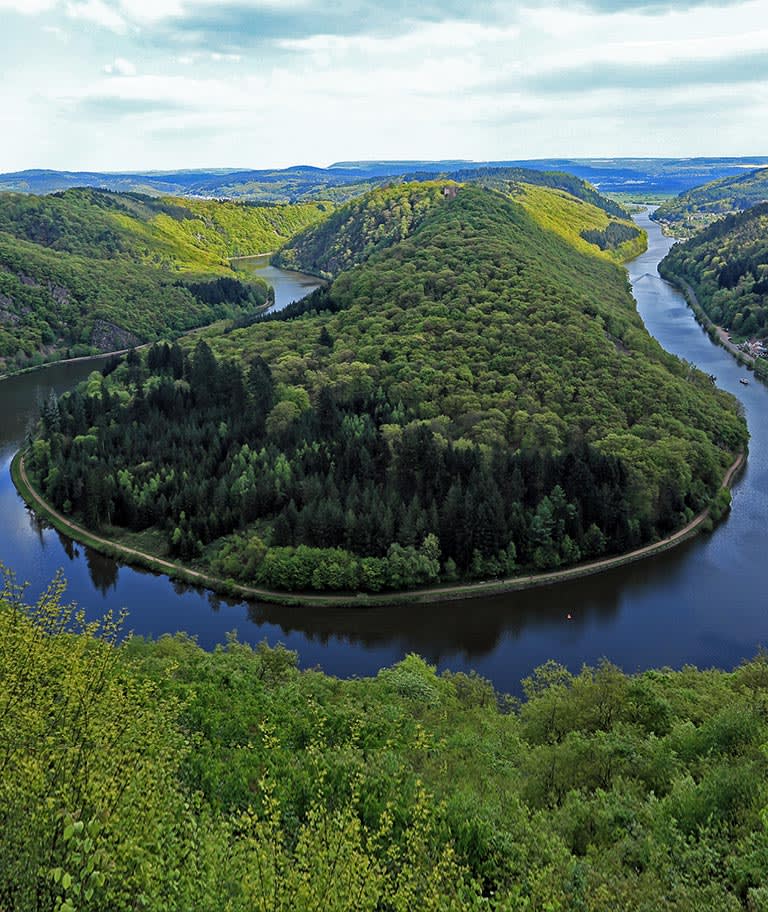


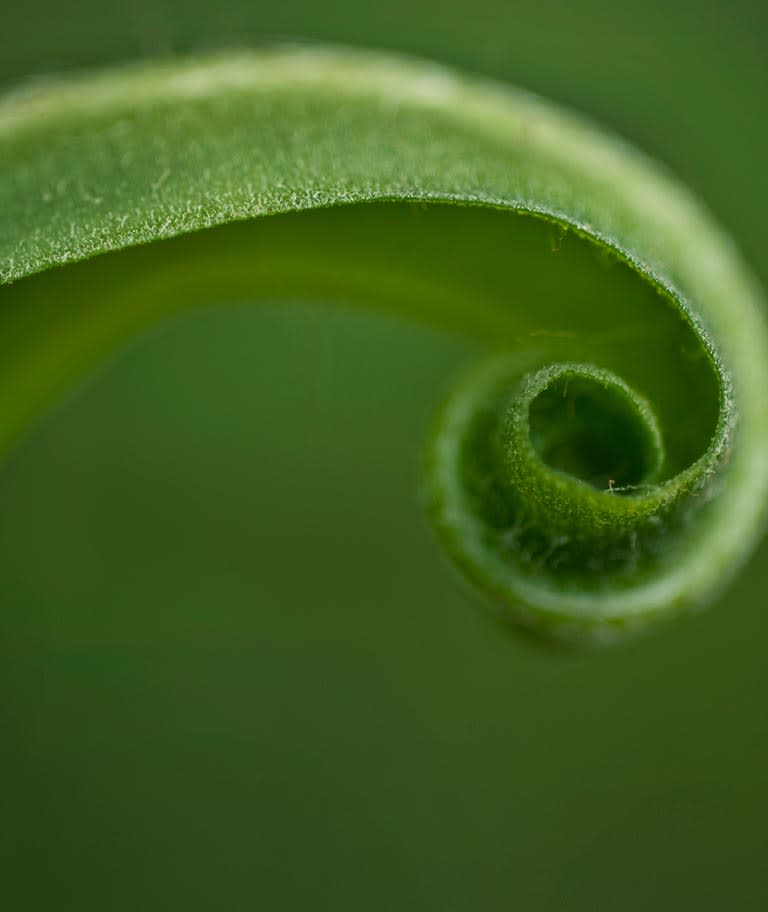
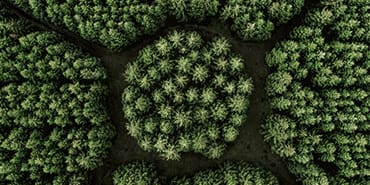
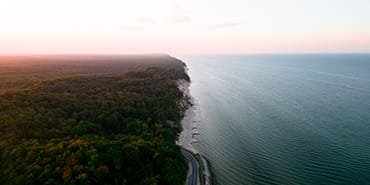

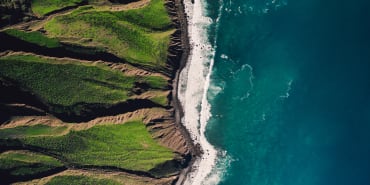

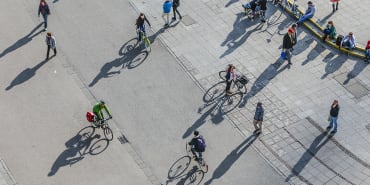
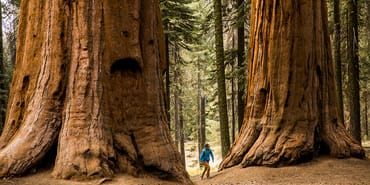

share.